Service hotline
+86 0755-83975897
Release date:2023-06-06Author source:KinghelmViews:1747
With the continuous changes in the global trade environment, the pace of adjustment in the electronic information industry has quietly begun. Local component supply chain companies in China are no longer limited to the domestic market and are actively seeking new markets and opportunities overseas, embarking on a global layout. As a professional enterprise in the electronic information industry, Kinghelm Electronics (www.kinghelm.com.cn) has products that have covered many countries and regions around the world, with a wide range of customer base. The foreign trade team, as an important part of the company’s international market development, not only needs to have professional knowledge and skills, but also needs to have good communication skills and negotiation skills in order to better communicate and cooperate with international customers. Therefore, Song Yuanming, from Kinghelm, led his foreign trade colleague Wang Dujuan to study abroad to improve their professional abilities.
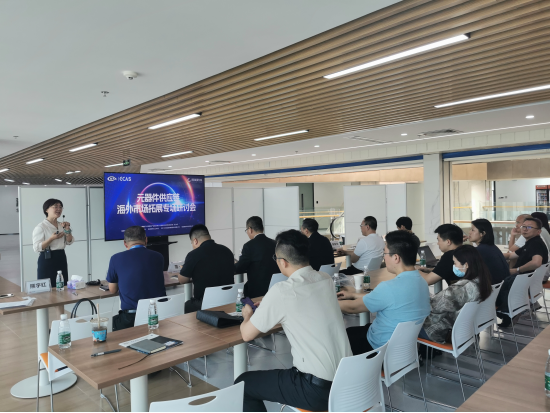
Kinghelm and SlkorMicro Colleagues Attend Seminar
On June 2nd, the Electronic Components Application and Supply Chain Branch of the China Information Industry Association (ECAS) held a seminar on "Overseas Market Expansion of Component Supply Chain". Through guest sharing and discussion, the seminar summarized and shared experiences in exploring overseas markets, analyzed the investment environment in Southeast Asia, and aimed to seize overseas markets and grasp new global economic drivers. The seminar was hosted by ECAS and co-organized by Shenzhen Shenlei Technology Co., Ltd., Dr. Maiman Quan’s Studio, Jiangsu Feilida International Logistics Co., Ltd., and Mingguan International Hong Kong Co., Ltd. Zhu Yeqing, COO of Shenlei Technology, as a representative of the co-organizers, delivered a welcome speech at the seminar and expressed gratitude to the guests. The seminar was chaired by Ms. Xiong Yuhong, Secretary-General of ECAS.
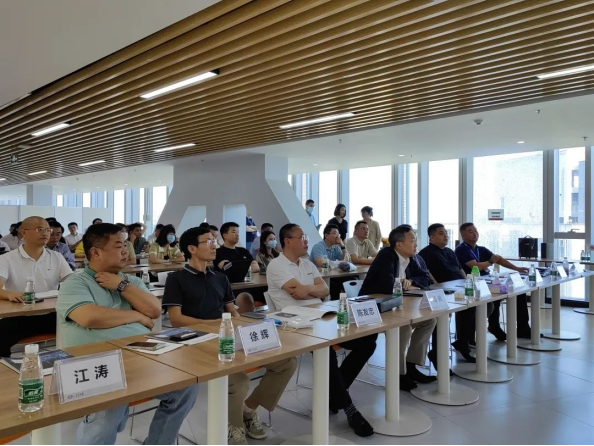
Why Do Local Distributors Need to Go Global?
Two years ago, despite being in the midst of the COVID-19 pandemic, many distributors had already predicted that governments around the world would implement new economic stimulus policies after the pandemic, leading to a new wave of demand growth in the global market. Therefore, component distributors can take the initiative to seize the new market opportunities with a global layout and reach.
However, plans cannot keep up with changes. Although the pandemic is now a thing of the past, global economic recovery is still weak, and boosting consumer confidence is facing huge obstacles. Especially in the Chinese market, more and more manufacturing industries are moving their factories to Vietnam, India, and other places to avoid being affected by the ups and downs of a single market, which has forced the component supply chain system to be reorganized and reshaped.
As a distributor in the middle of the electronic component supply chain, how should we view this situation?
Dr. Maiman Quan, a specially appointed expert of the ECAS Expert Committee, pointed out that China has actively adapted to the wave of economic globalization in the past forty years of reform and opening up, playing the role of the "world’s factory". With the migration of industries, perhaps the world will incubate more new "world’s factories", but Chinese factories will not disappear. Instead, they will gradually move towards the world, continuously building new factories around the world - this is the transformation from “the world’s factory in China” to "Chinese factories in the world".
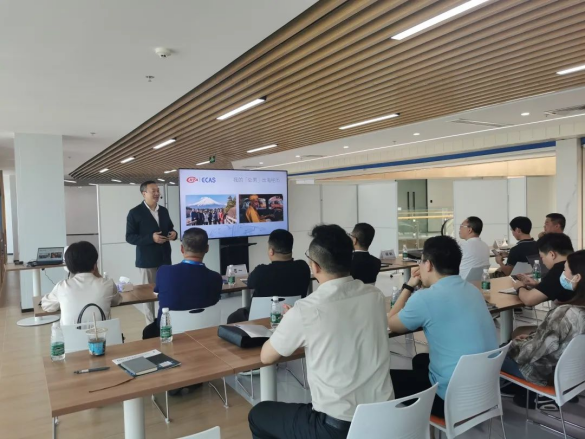
Dr. Maiman Quan believes that there are four crucial factors that have enabled China to become the "world’s factory": strong government support, huge market opportunities, highly efficient supply chain systems, and diligent and enterprising labor force. Currently, no country or region can replicate the experience of "the world’s factory in China", and Chinese factories going global cannot follow the previous template.
Therefore, “going global” is a gradual process and a dual-cycle process. Distributors need to achieve “internal circulation” by rooting themselves in the local market and building core competitiveness, while also promoting “external circulation” by having a global vision and a global layout. Together, this is the “dual-cycle going global” of component distribution.
Yan Qing, CEO of Mingguan International Hong Kong Co., Ltd., also attempted to answer the question of "why go global". Firstly, the nature of a professional trader’s enterprise requires them to have a “maritime spirit” - embracing all rivers, being open and pioneering, taking risks and striving for success, and being prepared for danger in times of safety. Therefore, if "agents can only look at the map of China", then "traders can flip through the world map at will". Secondly, looking at the economic environment, when the world is a free market, we need to go out and take the lead; when the world is not a free market, we need to go out even more to avoid being affected by the ups and downs of a single market. Thirdly, China’s market potential is still huge, but the semiconductor industry chain cannot be composed of a single country. Whether it is the United States, China, Japan, South Korea, India, and so on, they are not fighting alone in the semiconductor industry chain.
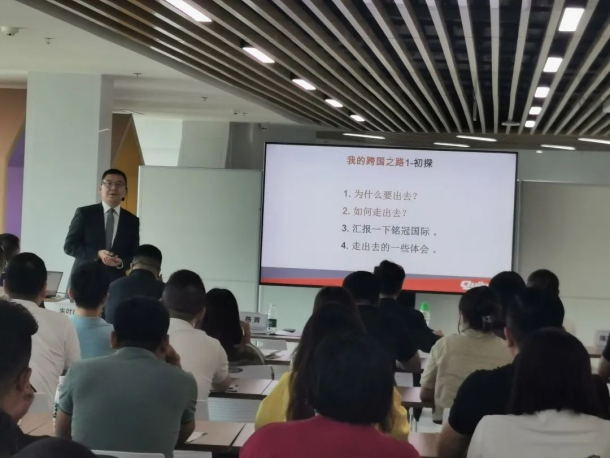
In fact, expanding overseas markets has always been a required course for local distributors. According to the International Electronic Business Survey, the top three development strategies for Chinese local distributors in 2023 are capital operation, technical services, and overseas strategies. It is believed that more and more Chinese distributors will go abroad in the future, extending their excellent service capabilities to the global market.
Preparation for Local Distributors to Go Global
So, how can distributors expand overseas markets? Dr. Maiman Quan and Yan Qing each proposed five “going global” preparations.
Dr. Maiman Quan stated that the current supply chain pattern is quietly changing, and distributors also need to seek a new “going global” model.
1.Adjust mindset:Cultural, linguistic, and business operation models may undergo earth-shattering changes. Those going global need to adjust their mindset and face it positively.
2.Organize resources: Including customer and supplier relationships, partners, logistics warehouses, capital chains, etc.
3.Learn and study: It can be summarized into three stages of "learning", "resetting", and "restructuring". The key is to open up your mind.
4.Build talent: As the saying goes, “a strong dragon cannot defeat a local snake.” You can hire locals, and be skeptical of people but also use them.
5.Risk management: Geopolitics, finance and taxation, law, etc., to protect the company itself; have a PLAN B at any time and have contingency plans.
Yan Qing believes that the reason why Mingguan International has developed well in overseas markets can be summarized in eight words: “Learn with humility and focus on the end.” Learn from the successful experiences of the top three industries in each region of the world, and cross the river by feeling the stones; always adhere to the "power of constancy", strive to remain unchanged in the face of change, and create peace in anxiety.
1.Language preparation: Internal staff language preparation, such as Mingguan’s regular English day on Fridays, Christmas and English day double celebrations, etc.
2.System preparation: Mingguan’s self-developed English ERP+CRM system, accumulating data, breaking down experience, allowing the system to work for people, and it is 7x24 hours.
3.Team preparation: On the one hand, it is necessary to gather a high-level management team with similar values, such as the same company values, similar company ideals, company management concepts, and industry understanding. On the other hand, build a grassroots team that is mainly self-cultivated. They recognize the company culture, recognize the existing system and incentive system, and sort out the relationship between experts, experienced personnel, and newcomers.
4.Management preparation : the establishment of a management system, each past experience may be the beginning of the future, good systems are useful for the past, present, and future.
5.Culture preparation : the company culture should be clear, and culture and management should be integrated, as well as culture and human resources. For example, Mingguan International’s ocean culture is reflected in management as: flat management hierarchy, transparent rules and regulations, company systems should reflect culture, business personnel localization, and chip information globalization.
Analysis of Investment Environment in Vietnam
It is predicted that Southeast Asia is the first stop for Chinese local distributors to "go global". Compared with other countries in Southeast Asia, Vietnam has the advantages of superior geographical location, vibrant market, high degree of openness, political stability, and especially the advantage of successfully combating COVID-19 and undertaking the transfer of the supply chain. So what is the actual investment environment like? At the seminar, two senior executives who had conducted field visits in Vietnam were invited to share their observations.
Yang Fan, Vice President of Jiangsu Feilida International Logistics Co., Ltd., shared several difficulties in investing in Vietnam in detail.
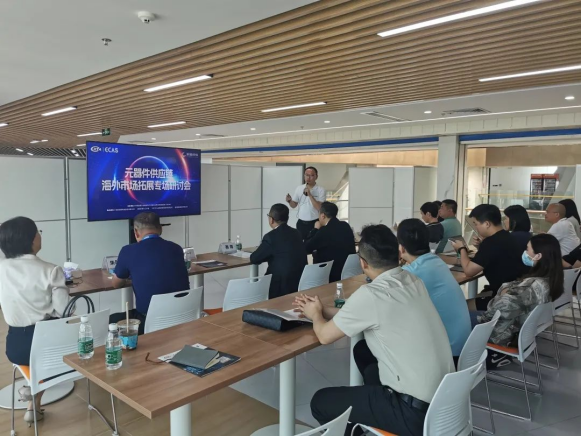
1.For example, the difficulties in the land system. The Vietnamese Constitution stipulates that all urban and rural land belongs to the people. This means that Vietnamese land is privatized, and companies can choose to buy land in Vietnam to build factories, but they must bear the relocation, development, and corresponding supporting facilities of the land themselves. Usually, the construction period of a Vietnamese factory is 5-6 years. Another option is to enter an industrial park and deal with first-level developers. However, Vietnamese industrial parks have operating deadlines and are difficult to change.
2.Another example is the difficulties in bonded warehouses. In Vietnamese bonded warehouses, goods must have information such as name and purpose when entering the warehouse. If this information is not available, the goods cannot enter the bonded warehouse.
3.There are also difficulties in customs declaration. The process and norms for import and export of Chinese enterprises are clear, and customs declaration can be smoothly carried out according to the process. However, Vietnamese customs declaration is very complicated, and it is common to have to declare customs ten times for ten deliveries, which causes huge cost expenditures and additional expenses for enterprises. “I think that if distributors want to expand into Vietnam, they need to find local partners who understand the local situation to go out to sea together,” Yang Fan said. Coincidences do not make a book. Li Shibao, CEO of Shenzhen Hongbotong Electronics Co., Ltd., recently went to Hanoi, Haiphong, and Bac Ninh Province in Vietnam for inspection and shared his summary at the seminar.
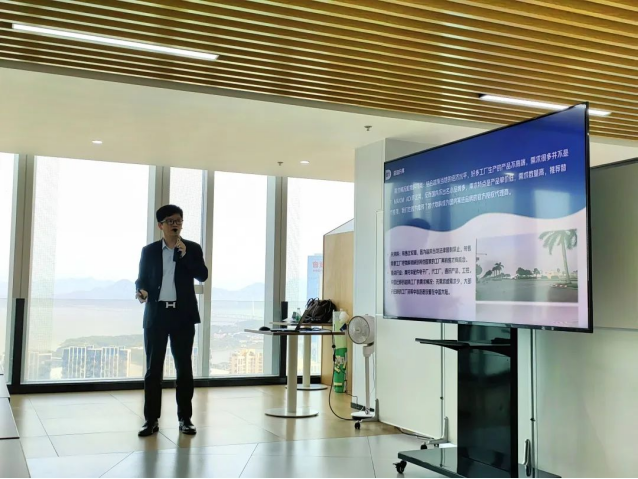
According to his observation, Vietnam’s industries are relatively concentrated, with many manufacturing industries and many Japanese, Chinese, European and American companies setting up factories there. Industrial parks are also increasing, and the entire market has great potential. Vietnam’s key industries include motorcycle parts and electronics factories, OEM factories, communication products, and industrial control.
Considering Vietnam’s local economic level, many factories produce products that are not high-end and have a high demand, but they are not high-end brands like TI, MAXIM, and ADI. Instead, there are many small, unknown Chinese domestic brands with the characteristic of low unit price, high demand, and strong recommended substitution. Therefore, Hongbo Tong also recommended some Chinese domestic brands to Vietnamese factories. As for the demand for components from Chinese factories that have moved to Vietnam, it is not high because most of the relocated factories still have their procurement centers set up in mainland China.
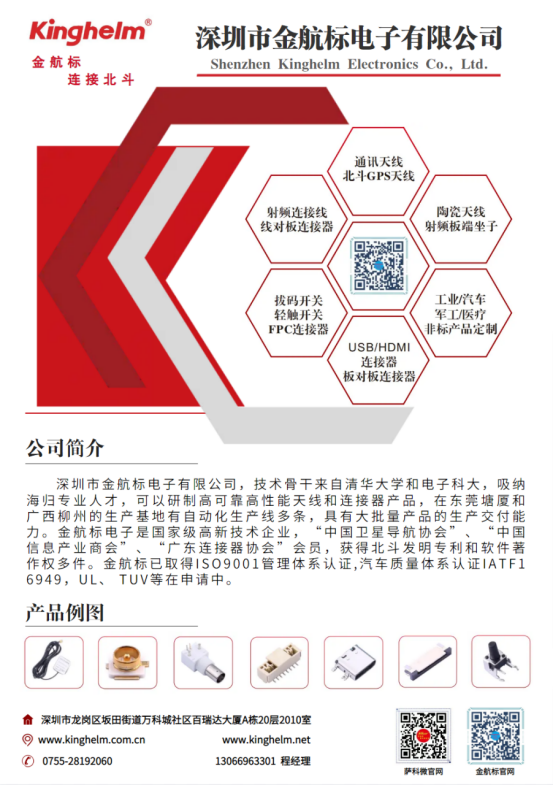
Kinghelm promotional poster
Kinghelm Company (www.kinghelm.net) brand KH series products include three major categories: Beidou GPS antennas, RF adapters, electrical data signal connectors, terminals, connectors, customized automotive and motorcycle wire harnesses, industrial and medical connectors, military special antennas, and connectors. "Kinghelm connects Beidou", Kinghelm has grown with the development of China’s Beidou industry, providing car manufacturers with Beidou GPS dual-mode antennas, IPEX terminals, and RF adapters. Kinghelm’s product development has expanded to include WiFi, Bluetooth, NB-IoT, LORA, Zigbee, UWB, GSM antenna series, RFID tags, RF adapters, national military standard microwave antennas, vehicle-grade SMA, SMB, FAKRA sockets, coaxial cables, and customized non-standard antenna connectors based on customer drawings and samples. In the future, Kinghelm will continue to strengthen its foreign trade team, continuously improve team quality and capabilities, accumulate foreign trade customers, and continue to devote itself to developing international markets.
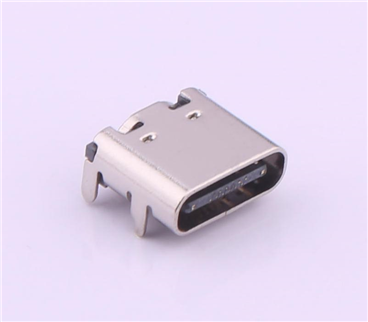
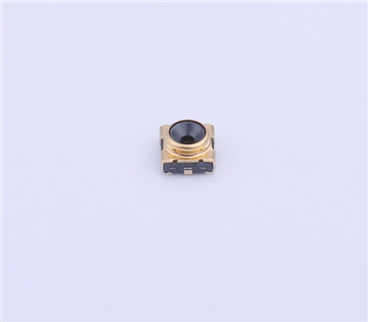
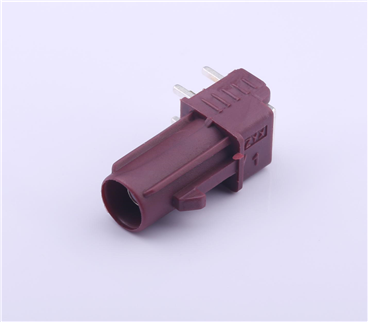
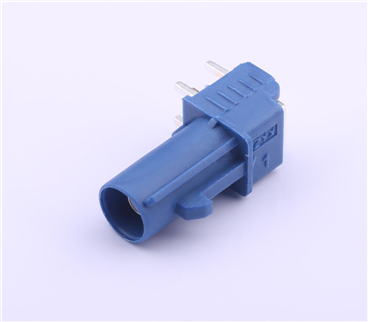
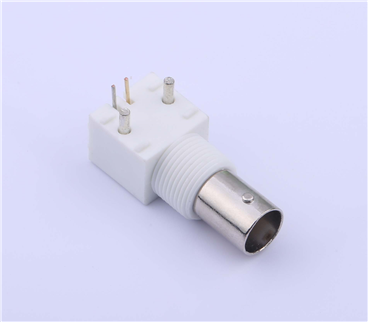
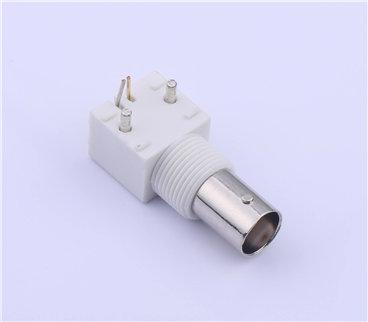
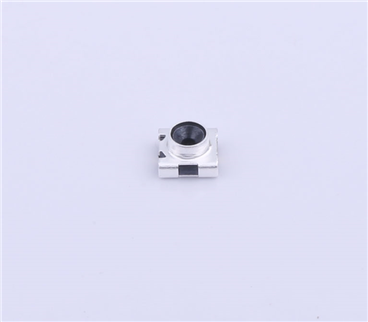
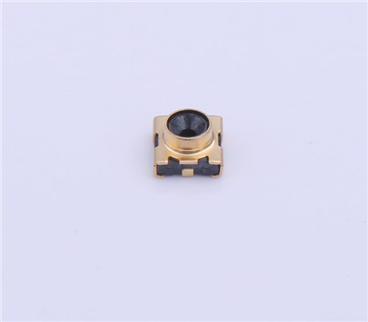
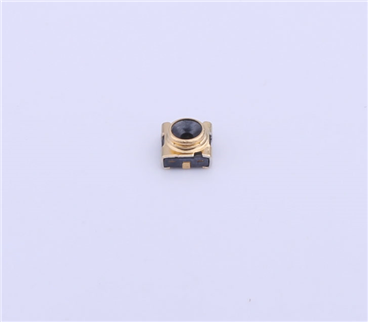
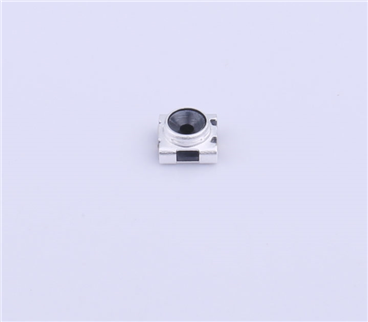
Copyright © Shenzhen Kinghelm Electronics Co., Ltd. all rights reservedYue ICP Bei No. 17113853